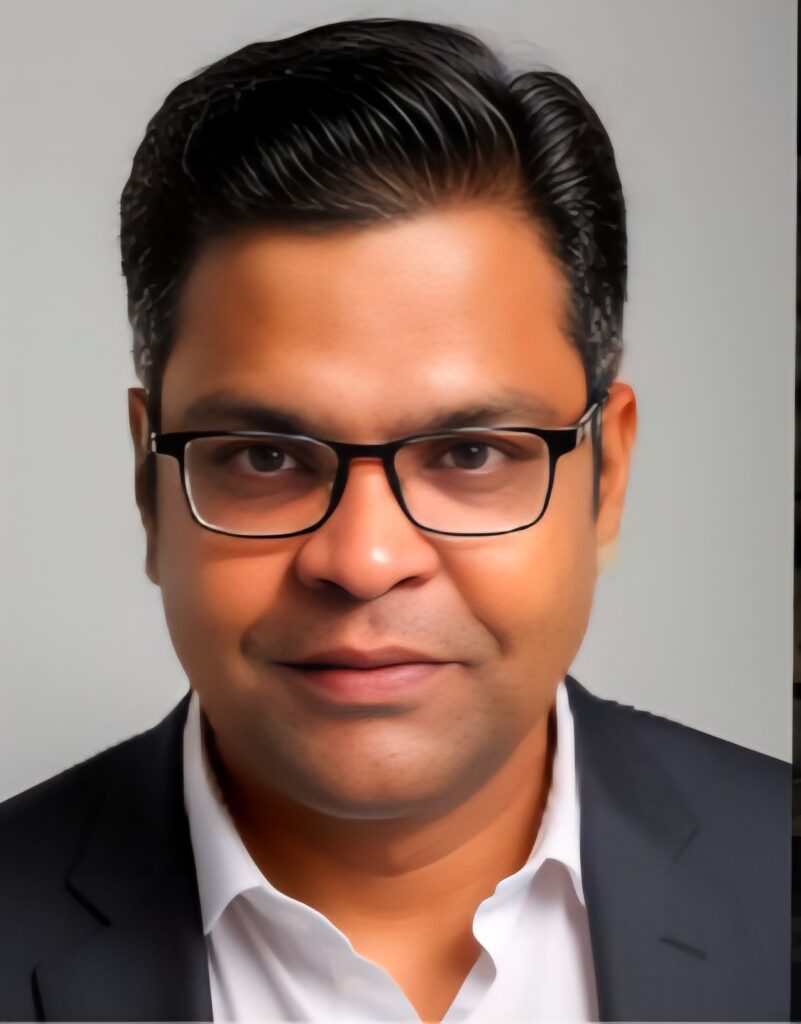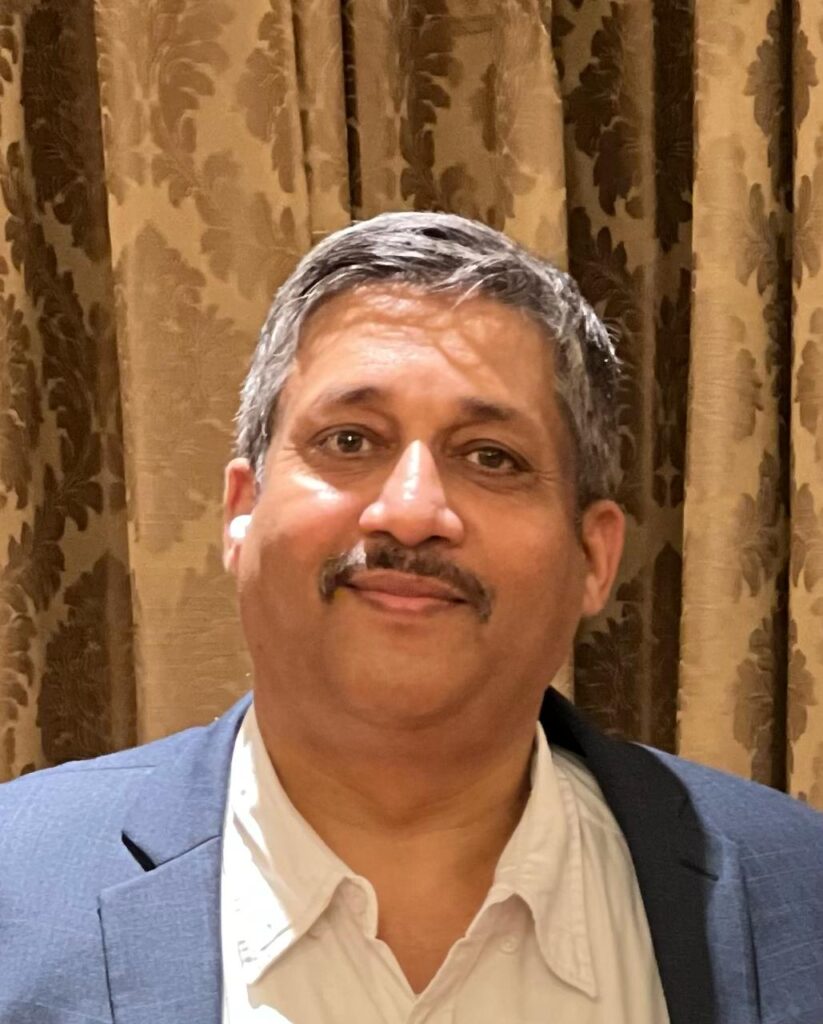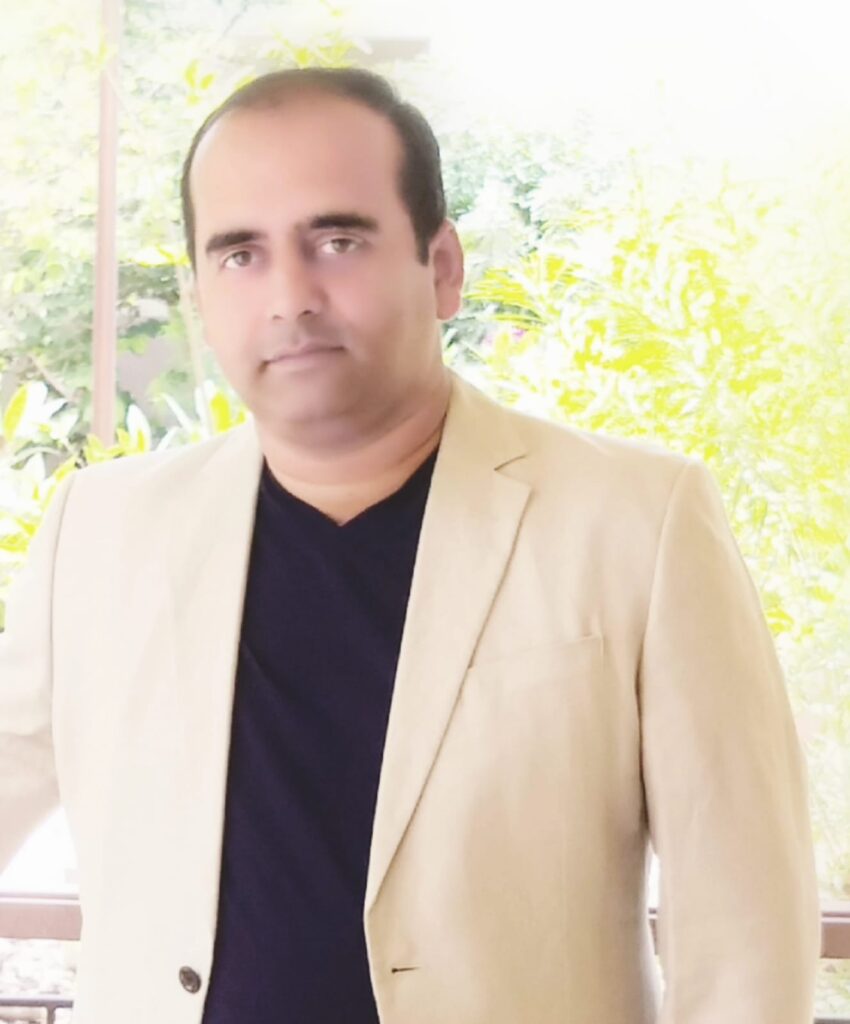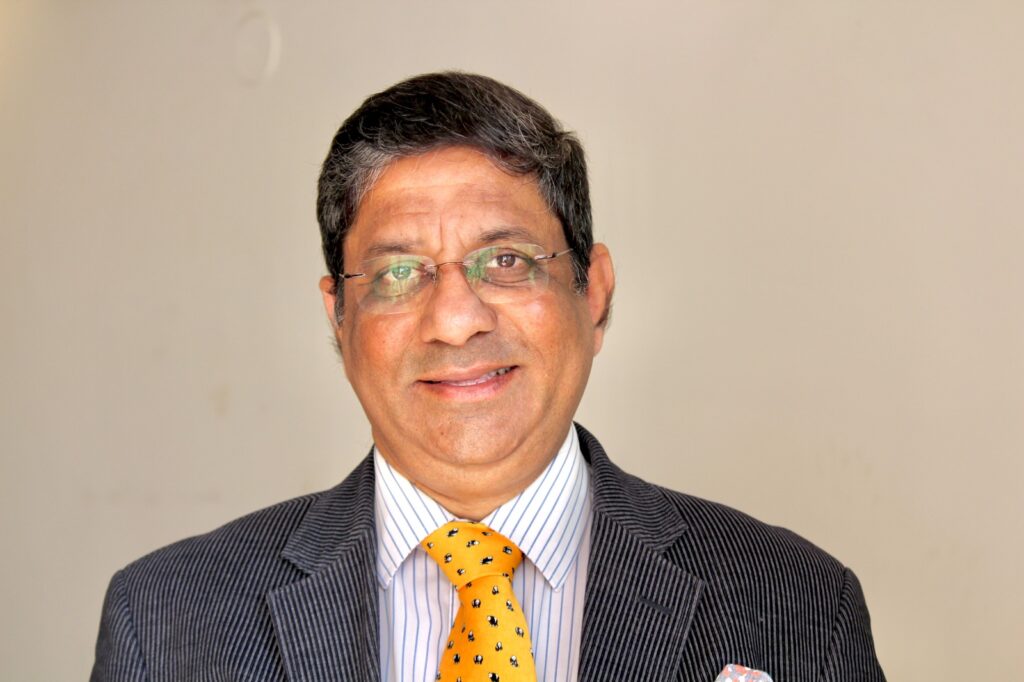
An engaging panel discussion brought together experts to deliberate on industrial cleaning, specifically focusing on corporate townships maintenance. The session provided significant insights into the systems, scale and smart solutions required for this complex task. The panellists included Ralph Sunil, Sr. VP- Admin, JSW Steel, Vijayanagar Works; Chandra Pratap Singh, JSW Steel, Vijayanagar Works; Nilesh P Gokhale, Regional FM Lead, Central AMEA, Mondelez India Foods Pvt. Ltd and Ranit Chakrabarti, Senior General Manager, Reliance Industries Ltd, Jamnagar. A report…

A well-designed cleaning system requires initial preparation, thorough assessment of the area including its layout, design, topography and seasonal considerations.”
— Chandra Pratap Singh
TOWNSHIP CHALLENGE
Different industries set up townships of varied sizes based on their requirements. Not only the management but even the residents, who are employees and their families, have to be kept happy. The approach to every township just can’t be the same.
“The one-size-fits-all approach will not work for townships due to their varied requirements. Unlike typical industrial settings, townships include manufacturing facilities, administrative offices, roads, infrastructure and residential colonies, each demanding different cleaning protocols,” said Nilesh P Gokhale.
“Four key elements distinguish corporate townships: robust processes with on-ground monitoring, stakeholder involvement & resident engagement, adaptability to changing laws & future trends and effective cleaning systems. A well-designed cleaning system requires initial preparation, thorough assessment of the area including its layout, design, topography and seasonal considerations,” said Chandra Pratap Singh.
“Managing townships involves understanding diverse terrains, changing requirements, varied surfaces, skill sets, design, layout, climate and inclusion,” said Ralph Sunil.
“Our Municipal Solid Waste (MSW) plant processes all township waste. This includes educating residents on waste segregation (biodegradable, non-biodegradable, bio waste). Biodegradable waste is converted into manure, and recyclable materials are sold to authorised agencies, generating revenue. Non-recyclable materials are disposed of through specialised agencies. Additionally, we have deployed portable STPs in remote facilities, treating waste on site for gardening use and eliminating manual intervention,” said Chandra Pratap Singh.

Each building had a garbage digester programmed for a daily input, if garbage was not dumped, the system alerted the facility team.”
— Nilesh P Gokhale
VENDOR SELECTION
Finding the right kind of people to maintain cleanliness in townships is quite a challenge. Vendors must possess the capacity to adapt to social and political requirements that differ between residential, administrative and manufacturing areas.
“Vendor selection must account for their ability to perform across these diverse environments. Roof cleaning in a manufacturing unit, for instance, differs significantly from roof cleaning in a residential colony,” said Nilesh P Gokhale.
“A robust feedback mechanism through regular resident interactions and digital management information systems with checklists and reviews with service providers and residents ensures effective implementation. Clear and properly defined requirements for vendors are essential for performance, otherwise vendors may deviate from their responsibilities,” said Chandra Pratap Singh.
“The versatility of the vendor is critical, including their capability to scale up or down capacities, assess social and political factors, manage unforeseen issues and meet key performance indicators. When a chemical manufacturing unit in Goa acquired an adjacent factory, it discovered alligators in a pond within the new area. This presented the dual challenge of protecting both the alligators and the workforce,” said Ralph Sunil.
“Industry specific experience is vital. A vendor for a steel plant requires different expertise than one for an IT or petrochemical industry. For instance, cleaning drains in a steel plant involves hazardous hot water discharge, necessitating trained personnel. Domain knowledge and technical skill are also critical; a vendor from a hospitality background might not deliver effectively in an industrial setting. Finally, local presence is crucial for urgent manpower mobilisation, as unexpected requirements are common for administration professionals,” added Chandra Pratap Singh.
DRAWING A SCHEDULE
While a schedule can be adhered to in the industry, it is not as easy to do so in a residential township where people may find different excuses. As such, the vendor will have to go through a lot of inconvenience.
“At the Reliance refinery and township in Jamnagar where I worked, cleaning schedules often depend on resident convenience. Residents would often ask us to return later, necessitating careful note-taking and daily feedback. Plus, there will be special cleaning requests after birthdays or weddings. Peak cleaning requirements are observed before lunch and again in the evening when residents return home,” said Ranit Chakrabarti.
“Industrial townships are typically located far from major cities and resource availability, making resource management a significant challenge. This distance affects the availability of essential services,” said Ralph Sunil.
Nilesh outlined several key factors as the criteria for service provider selection:
• Understanding the scope and geography: The vendor must comprehend the specific needs of the township.
• Scalability and versatility: The ability to adapt services to different areas within the township.
• Understanding sociopolitical scenarios and localisation: Essential due to varying local dynamics.
• Adaptability to new technology: Vendors should be open to adopting robotics and digital reporting, not clinging to traditional manpower models.
• Technology backing and market penetration: Vendors should leverage technology and have a strong market presence.
• Transparency and proactive approach: Vendors should suggest improvements and transparently report failures with corrective action plans.
• Scalability across geographies: The vendor should ideally be able to support different township locations.

At the Jamnagar refinery township, cleaning often depends on resident convenience, special requests after birthdays or weddings are routine.”
— Ranit Chakrabarti
FINDING PERSONNEL
With many workers coming from eastern and northern parts of India, there is difficulty in recruiting and retaining efficient workers. While technology will give relief it will not replace human involvement. In such cases, what are the option for township managers?
“The selection process must be done using three Ps: People, Profit and Process. The vendor must have sufficient manpower or the resources to acquire it. Their financial stability is important because payments can be delayed. Their willingness to adopt mechanisation and digitalisation (process) is a significant factor, even if they lack prior experience,” said Ranit Chakrabarti.
“Defining the scope of work, including clear deliverables, timelines and key performance indicators, is crucial. Incorporating rewards in addition to penalties for service providers who exceed cleanliness standards, fosters a positive mindset,” said Chandra Pratap Singh.
“Retention of skilled personnel is also an issue, as they may move between industries based on offers. Furthermore, townships in rural or local surroundings are often influenced by local leaders, politicians and villagers, who may insist on employing local, often unskilled, individuals. This complicates the hiring of professional agencies and leads to potential conflicts if penalties are imposed for non-compliance,” said Ralph Sunil.

Mechanisation, automation and digitalisation (MAD) is a must in all townships… MAD leads to less headache, greater effectiveness, high quality and systematic cleaning processes.”
— Ralph Sunil
HUGE RESPONSIBILITY
Managers face an onerous task and a huge responsibility in administering townships. Challenges can be multifold. At the end of the day, they have to rise to the occasion and address issues proactively.
“Corporate townships face cost constraints and strict approval processes. While they must be elegant and well maintained, they operate within budget limitations. Additionally, townships often receive second priority compared to factory production or manufacturing processes, making it challenging for facility managers to secure resources for township improvements unless there is a major issue like a water shortage or a health crisis,” said Ralph Sunil.
“Unlike city municipalities, industrial townships bear complete responsibility for all services. In a daily challenge of garbage collection for 2,500 houses, a missed collection can lead to significant agitation. Maintaining 24X7 service, including on Sundays, for 50,000 people across several townships, is a constant operational challenge,” added Ralph Sunil.
Ralph Sunil summarised several smart initiatives for townships:
• Waste management: Moving towards zero waste through comprehensive processing, converting waste into useful products.
• Clean air: Achieved through extensive tree plantation and covering open drains, dustbins and other polluting areas. The use of humidifiers and air purifiers in enclosed spaces also helps.
• Zero Liquid Discharge (ZLD): Recycling and reusing all water and liquid waste.
• Promoting “No” policies: No paper waste, no plastic waste, no cash (digital payments), no dustbins (integrated waste systems) and less use of fuel emitting vehicles (promoting electric vehicles and golf carts for internal mobility).
• Discipline and employee welfare: Engaging residents in cleaning initiatives, fostering collaboration akin to developed countries.
• Use of AI and IoT: Implementing digital solutions for surveillance, alarms and sensor-based management for cleaning.
• Rain management: Efficient handling of monsoon challenges, including cleaning drains and managing fallen foliage.
• Renewable energy: Using solar power and other non-fossil-based energy sources like piped gas for a cleaner environment.
 CIJConnect Bot-enabled WhatsApp
CIJConnect Bot-enabled WhatsApp












